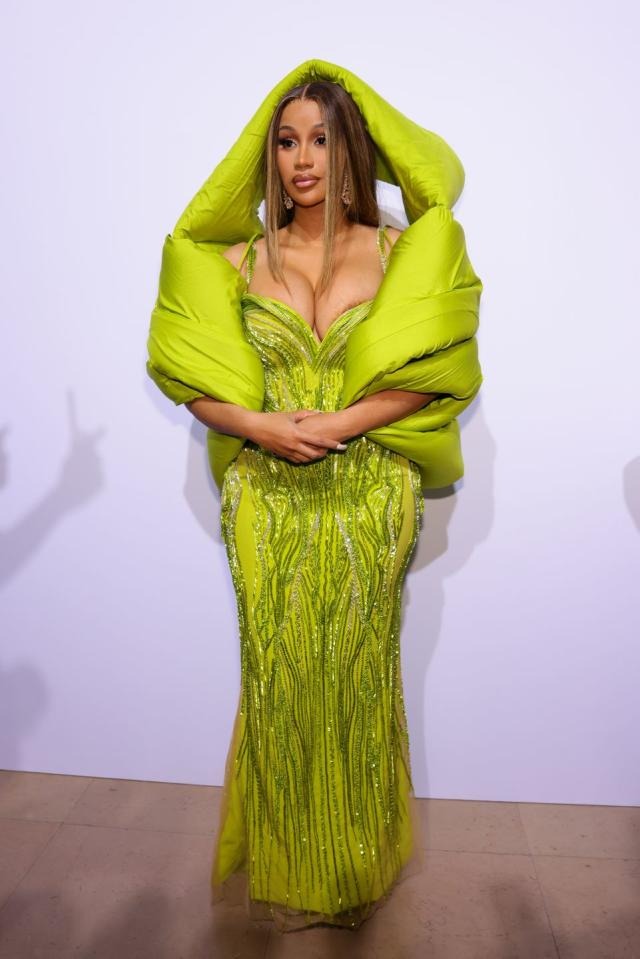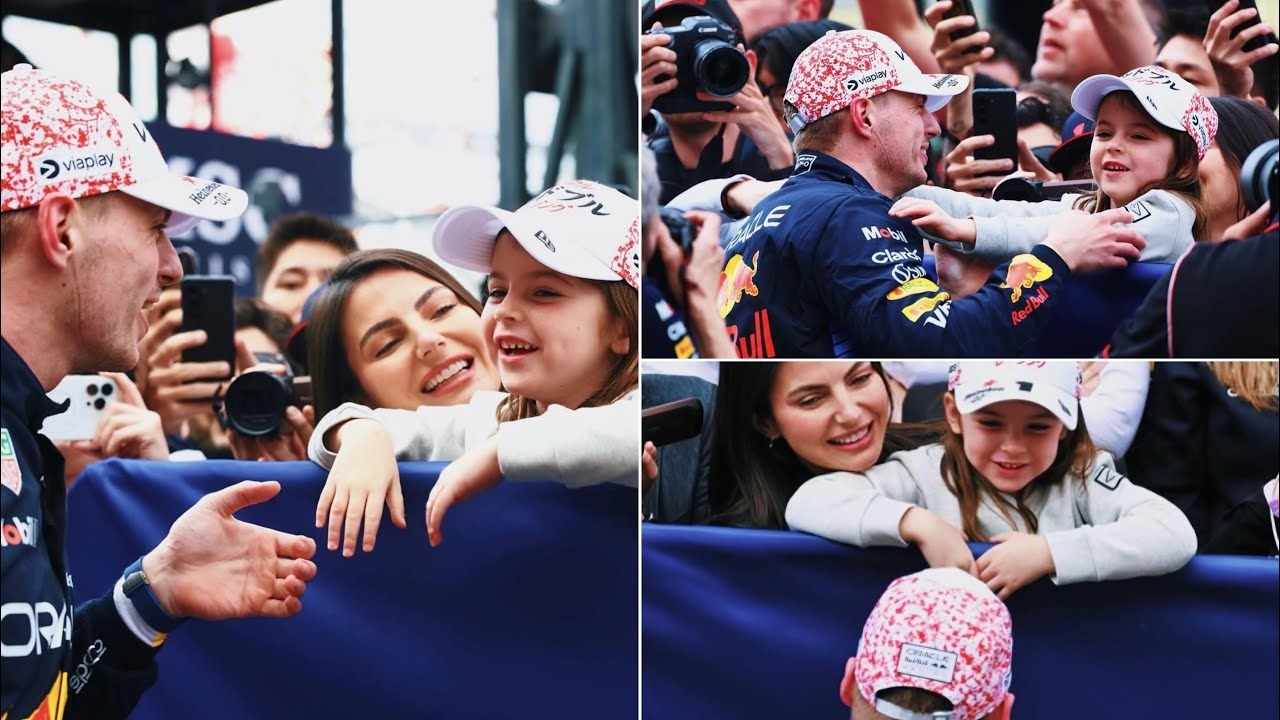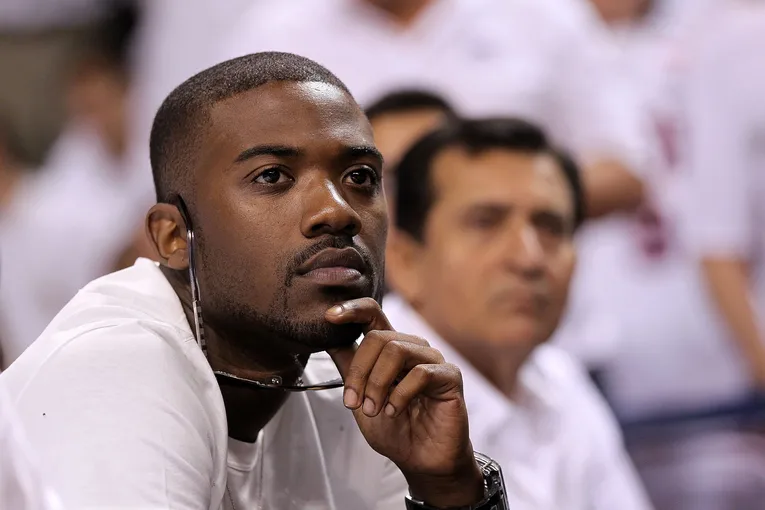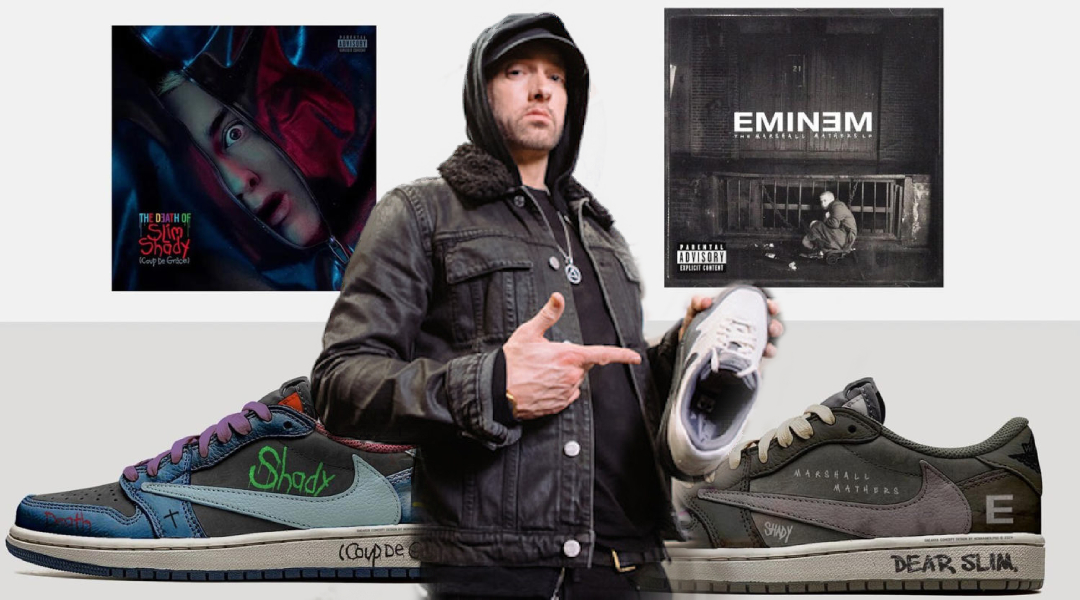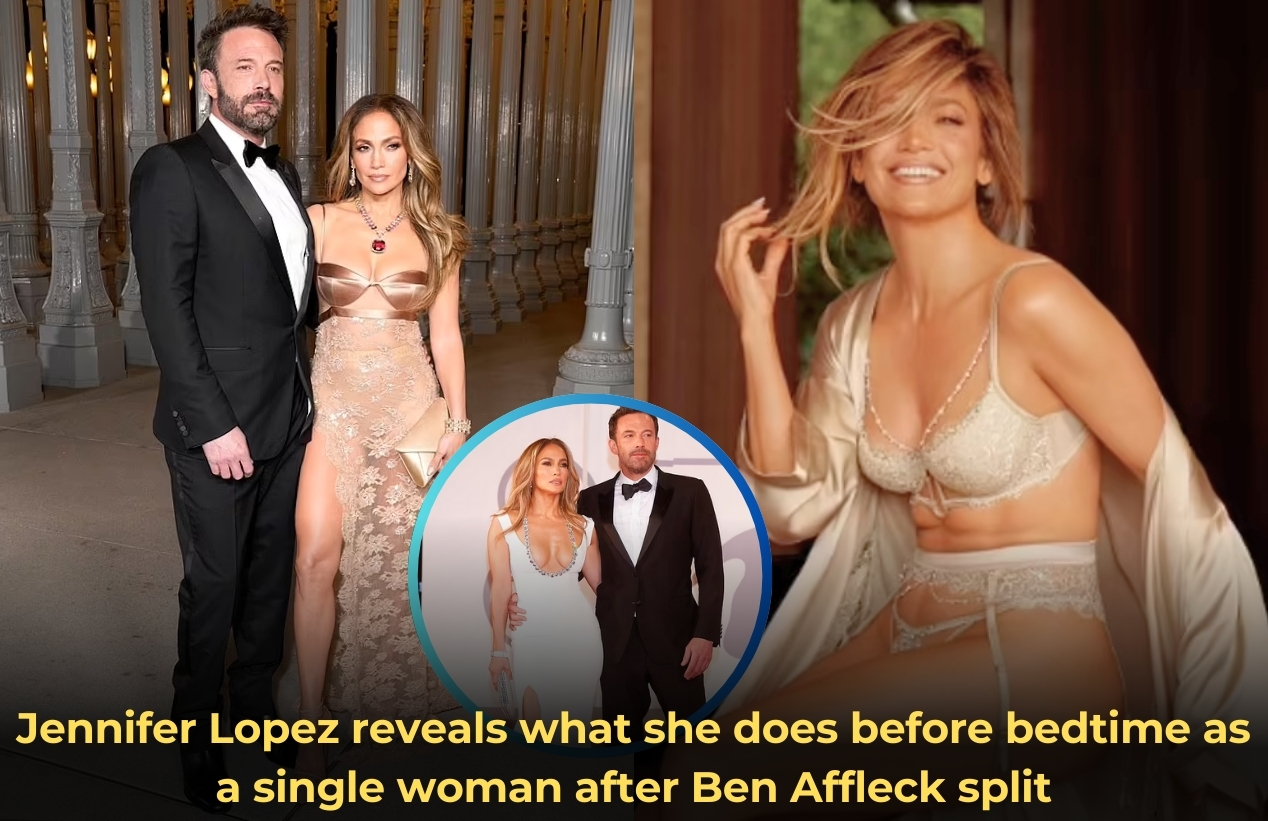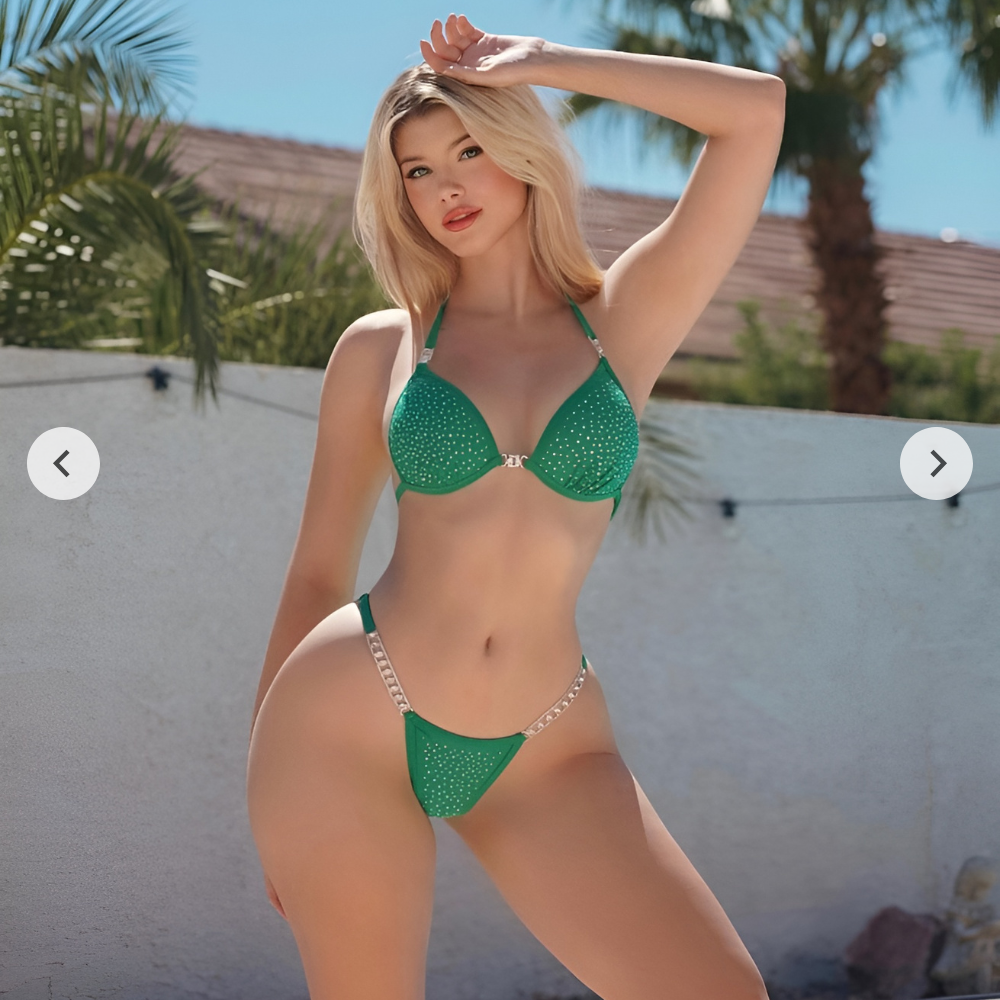When I spoke with Shayne Millington about the cheeky Super Bowl ad she was planning with Cardi B., the advertising executive was excited about the prospect of tweaking male sports fans in a way Big Game ads often don’t do.
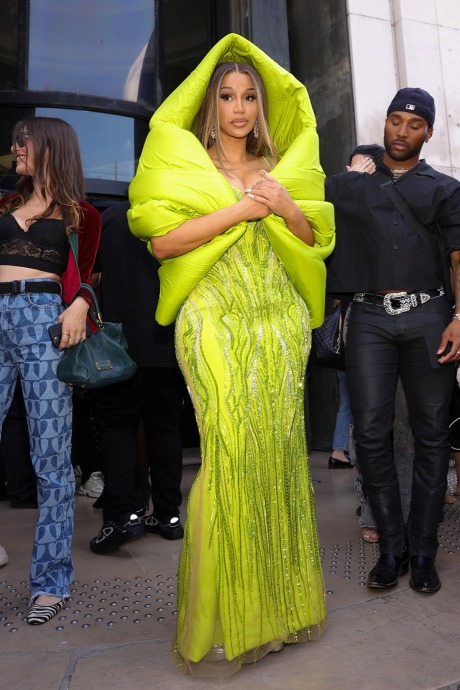
But the NFL threw some cold water on her plans Sunday, preventing makeup brand NYX from airing part of their ad suggesting that men may have mistook the name of their Duck Plump lip gloss and used it in a certain private area. Instead, they aired 30 seconds featuring Cardi B and displayed a QR code viewers could use to access the full ad.
Millington, the Chief Creative Officer at McCann New York, told me before the game that the ad was an attempt to turn the tables on traditional Super Bowl advertising.
“You have to really look at how women have been portrayed in Super Bowl ads and in the past, and it’s not great,” she added. “So, on a platform as big as the Super Bowl where men have [traditionally] had the upper hand with humor…[this time] women will have the last laugh with Cardi B.”
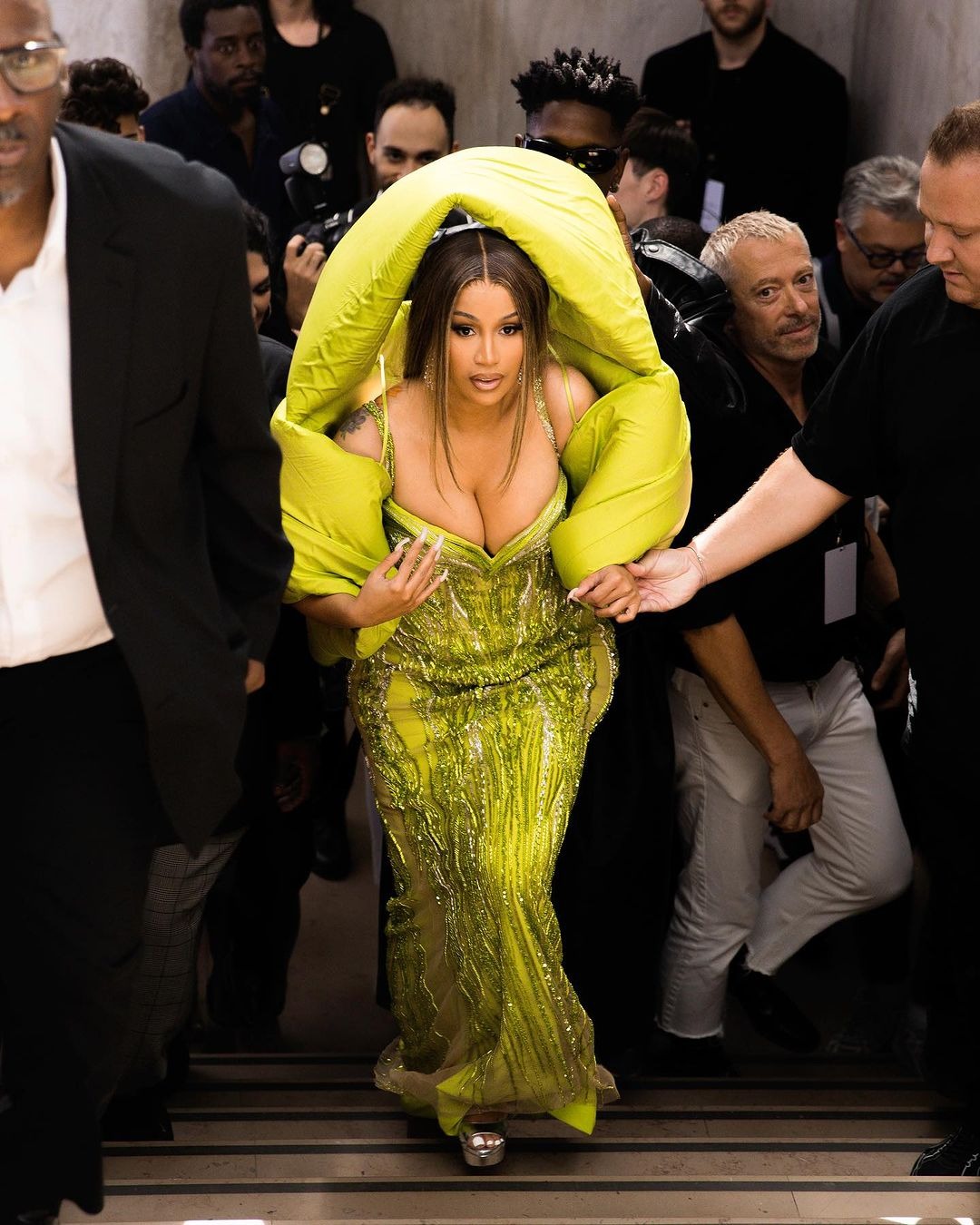
Turns out, Millington’s ad was among the sauciest in a Super Bowl where brands played it safe even more than usual, perhaps due to the mammoth, $7-milion-per-30-seconds fee for airtime.
Political messages were subtle and shaded, including a retro-looking ad for independent presidential candidate Robert Kennedy Jr. that didn’t get near his controversial stands on vaccines and other issues (talk about a nepo baby). An ad for the website hegetsus.com aimed at boosting Jesus Christ focused on how his teachings might bring people together, not the controversial stands of one funder, the family which owns notably religious craft store chain Hobby Lobby.
Blame the intensely crazy pace of real-life news or the back-breaking price for ads, but this year’s crop of commercials seemed to lean away from controversy and into nostalgia, celebrity and cross promotion — with Super Bowl halftime performer Usher appearing in more spots than the Budweiser Clydesdales.
